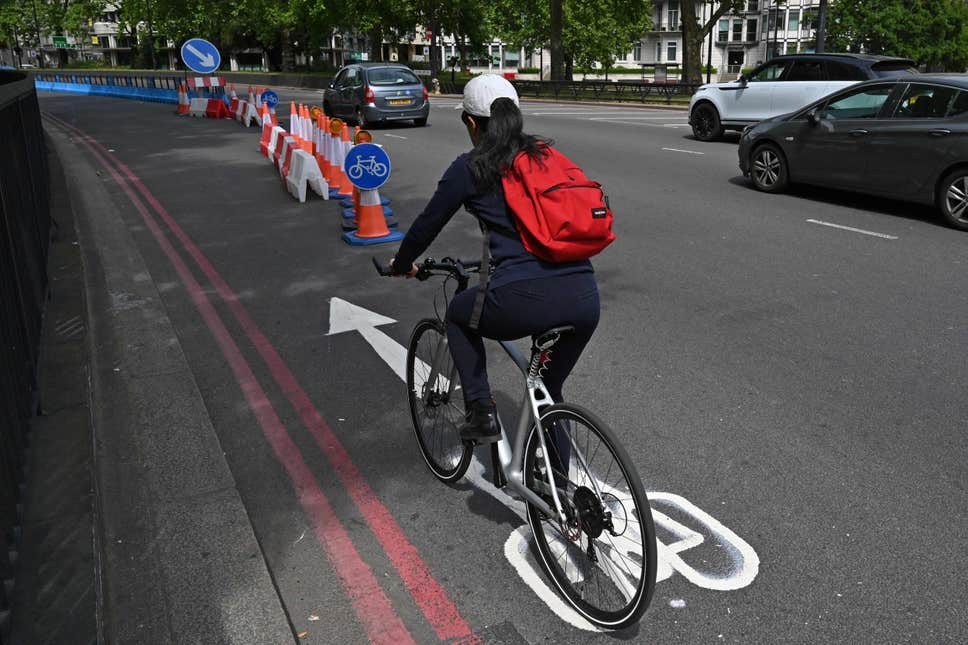Freebike Limited is a company incorporated in England and Wales. Company ID: 11624790, VAT ID: 313033657
Registered office: Waterston House, Dorchester, DT2 7SP, United Kingdom
© 2020 All Rights Reserved. Designed by Obscural.

We are continuing to see the effects Covid-19 is having on the economies around the world. One sector that has been adversely affected is public transportation. With social distancing as one of the preventive measures put in place by federal governments, there might be more pressure on the transport sector once the lock-down has been eased.
In fact, a recent report by BBC shows that cities like London may find it difficult to cope with the surge in demand that is likely to be experienced when lockdown measures are lifted, if social distancing was to be maintained. According to the report, maintaining a 2m (6ft. 6in.), social distance would reduce the capacity of the London Underground to 15% of normal levels, and buses to 12%. Furthermore, an increase in use of private cars will only exacerbate London’s congestion, similar to other large cities.
Tactical Urbanism
Forward thinking cities are using what is known as “Tactical Urbanism”, to encourage socially distanced transport like cycling. Tactical Urbanism is a low cost approach to the built environment that uses short-term, scalable interventions and policies to catalyze long term change, such as “pop-up” cycle-ways and widened pavements for better cycling and walking infrastructure. New Zealand, Milan and Berlin have already begun implementation, and The Scottish Government has announced a £10-million program to improve cycling infrastructure and reduce the stress on their public transportation during social distancing. More countries are expected to follow suit. Whether or not the full scope of these plans will remain in place as Covid-19 concerns ease, it is highly likely that this will play a huge role in improving cycling infrastructure and safety, and relieving the intimidation of aggressive drivers as a primary reason for people to refrain from cycling.
In London, Freebike, the European electric bike manufacturer and service provider has donated the use of 100+ electric bikes to NHS workers to use as safe transportation. If this momentum continues, we will see significant changes in the ways our cities operate, with cycling becoming a major segment of the transit system. Freebike believes this will play a major role in surging global electric bike sales to over $20 Billion in the next few years, as stated in their article “The Future of Cycling is Electric“.